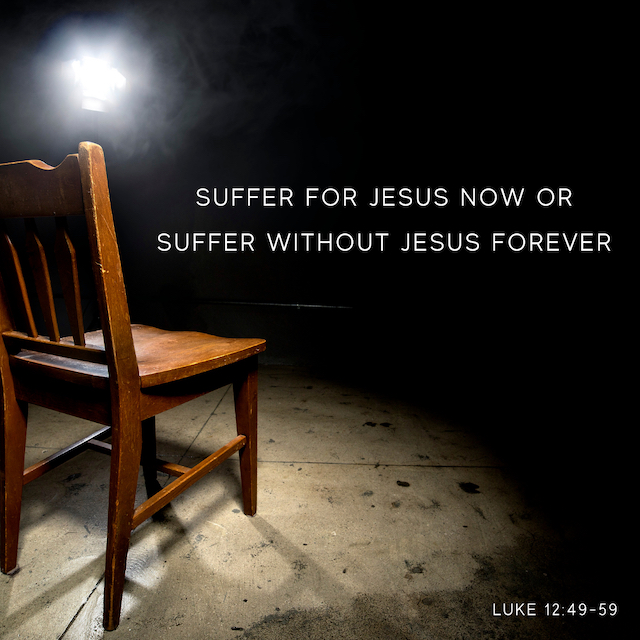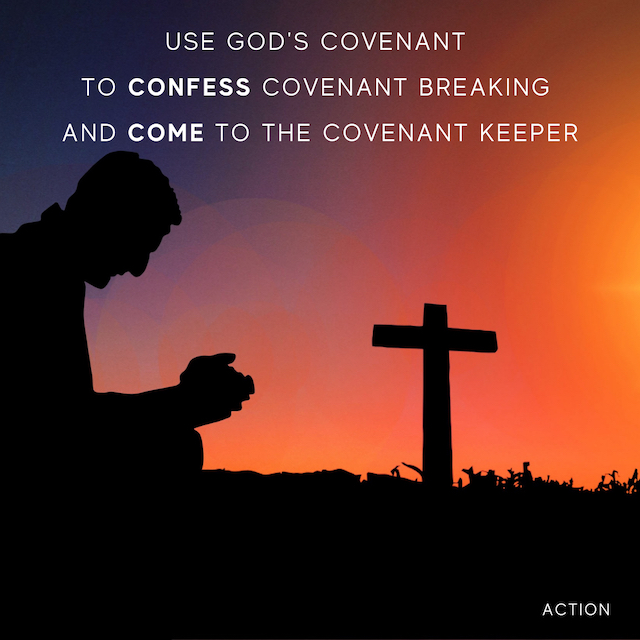
What do you call it when you’re not depressed but neither are you thriving? You’re not down in the dumps but neither are you on the mountain-top. Apparently it’s called ‘languishing.’ I was sent an article this week from the New York Times which used this word to describe what so many people are feeling in the COVID era. We’re not living in the dark, but neither are we living in the sunlight. We inhabit the gray overcast clouds of languishing. We’re not burned out but we’re not energized. As the Times put it, “languishing is a sense of stagnation and emptiness. It feels as if you’re muddling through your days, looking at your life through a foggy windshield. And it might be the dominant emotion of 2021.”
So, do we just wait it out and hope life will improve again when COVID has disappeared. That could be a long time coming, if the media have their way. Also, languishing leaves us much more vulnerable to full-blown depression. So, how can we life a full life in empty times? John 1:14-17 points us to a source of overflowing fulness to fill us full.




